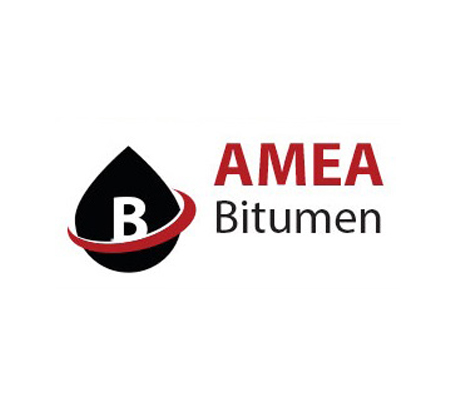Bitumen is actually the liquid binder that holds asphalt together. The term bitumen is often mistakenly used to describe asphalt. A bitumen-sealed road has a layer of bitumen sprayed and then covered with an aggregate. This is then repeated to give a two-coat seal.
Asphalt is produced in a plant that heats, dries and mixes aggregate, natural bitumen and sand into a composite mix. It is then applied through a paving machine on site as a solid material at a nominated or required thickness, relative to the end use. It results in a smoother and more durable asphalt road surface than a bitumen-sealed road.
Bitumen is a binding agent produced from petroleum. it is known for being strongly adhesive and resistant to damage from water and oil spills. This makes bitumen the ideal binder for asphalt because asphalt is commonly used as a surface for roads, car parks and driveways.
Bitumen can be produced to different specifications depending on how it’s going to be used but in all cases, it is created by distilling crude oil. This process removes the lighter liquid and leaves a thick sticky substance that, in the case of asphalt, will hold heavy aggregate like stones and gravel with sand. it can also be confused with tar, which is another binding agent that when mixed with aggregate, makes tarmac.
Bitumen is often misused as a term when describing asphalt and can be confusing for many people. In the UK, most people will say bitumen when describing an aggregate mixture of bitumen, stones or gravel and sand, and In Australia, most people say that, mixture asphalt.
Currently, AsiaGilsonite is the largest Gilsonite exporter, Naural Bitumen, Natural Asphalt and Gilsonite powder wholesaler from IRAN and there are more than 5 mines in its ownership.




